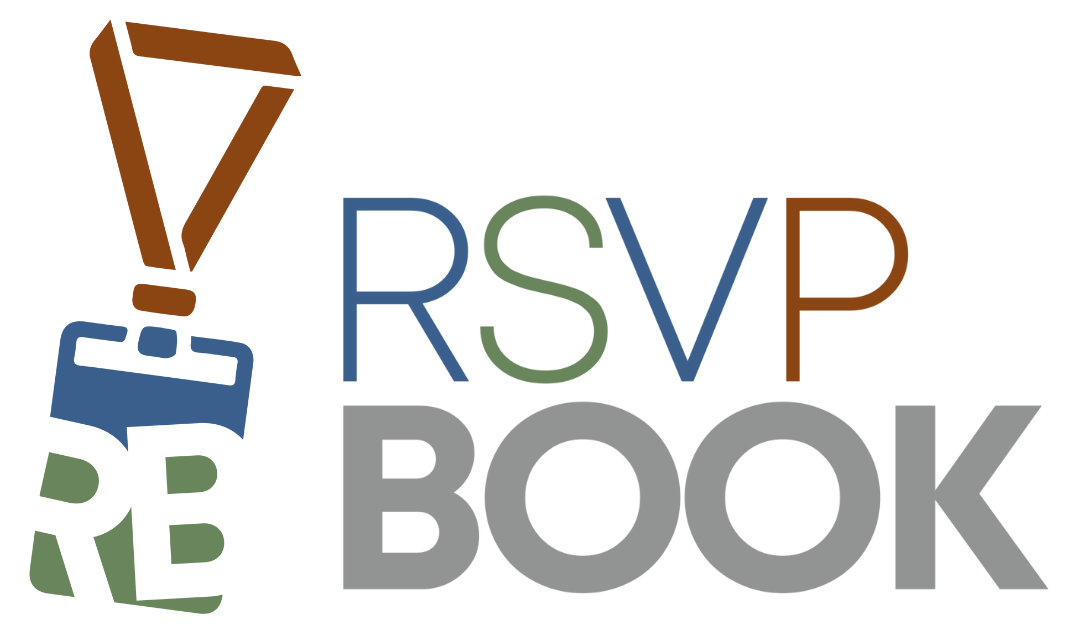Smart, Simple Online Event Registration
Ditch Your Spreadsheets


Invite, Collect Registrations Online, Manage Tickets, Classes/Workshops and Get Reports in Minutes

Easy Virtual
Events
Set up remote access for your events and workshops with just a few clicks. Supports Zoom, Webex, GoTo Webinar , GoTo Meeting & others
Qr Code Generation
Step into the future of event and marketing solutions with adaptive static and dynamic QR codes.

Bundled Event
App
Set up and distribute your Responsive Event App right from your Dashboard

Spread the Word via Email & Social Media
Send invitations to your contact lists and track every click all in one service. Let your registrants share invitations to their network.
Free QR Code Event Check-In
From attendant stations and kiosks to barcodes and scanners, we've got you covered

Measure with Quick, Shareable Reports
Get your event data in real-time with a wide array of reports - review on the web or export to spreadsheet with a click.
I use or refer to rsvpBOOK daily for course registration information. Its a pleasure working with them.
Scott Spagnoli, St. Joseph's Healthcare System

Why use event management software?
By offering online registration options, you will make it more convenient for your attendees. This will result in more interactions and a larger event turnout. Online registration software will also make your event appear more. professional. Reports will be available instantly, eliminating repetitive data entry.

How can I try rsvpBOOK?
Our free tier lets you collect registrations at no cost.

What if I have questions?
With our concierge service and Help Desk Library, assistance is available through the web, email and phone to ensure your event runs exactly as you need.
Frequent Asked Questions
Can I present my events virtually?
Yes, you can connect any Session/Workshop in your event to any webinar/video chat service.
Is special pricing available for non-profits?
Yes, non-profit and government agencies receive discount on events.
Can I ask custom questions?
Yes, you can add an unlimited number of questions to your events. This can include dropdown questions, sets of radio button options or collecting uploaded forms.
Can I offer discounts or promo codes?
Yes, you can easily add discounts and promo codes to your event.

